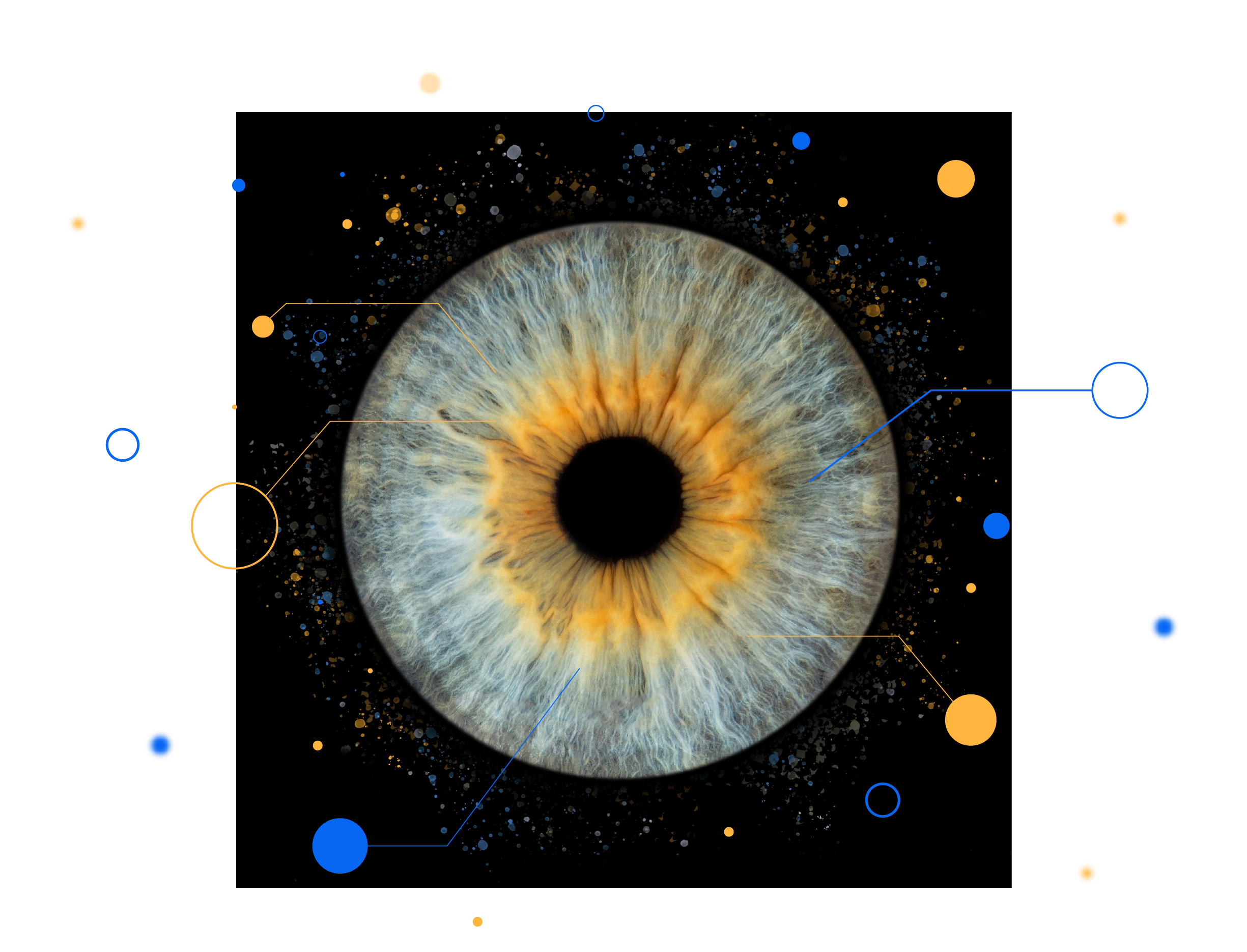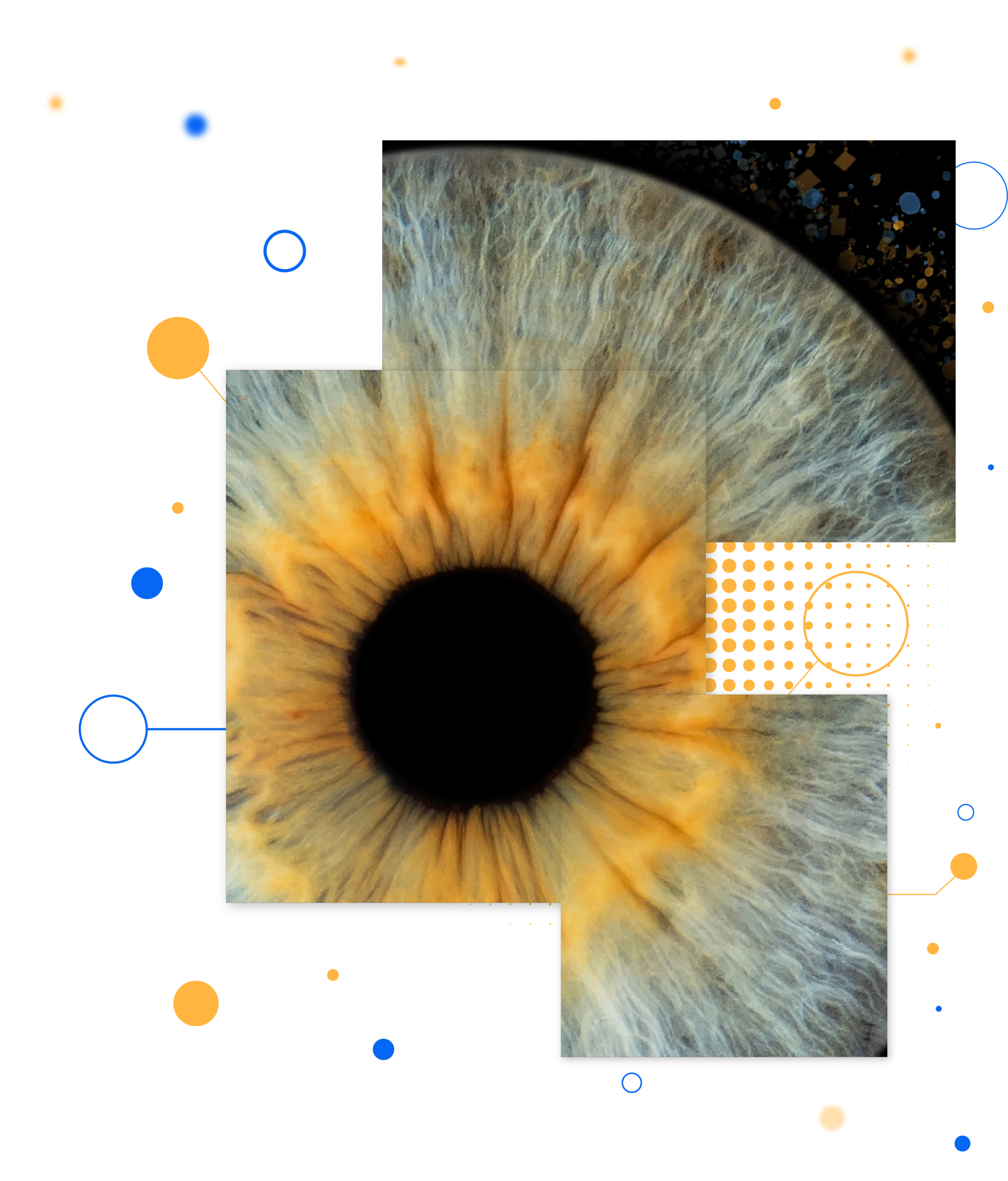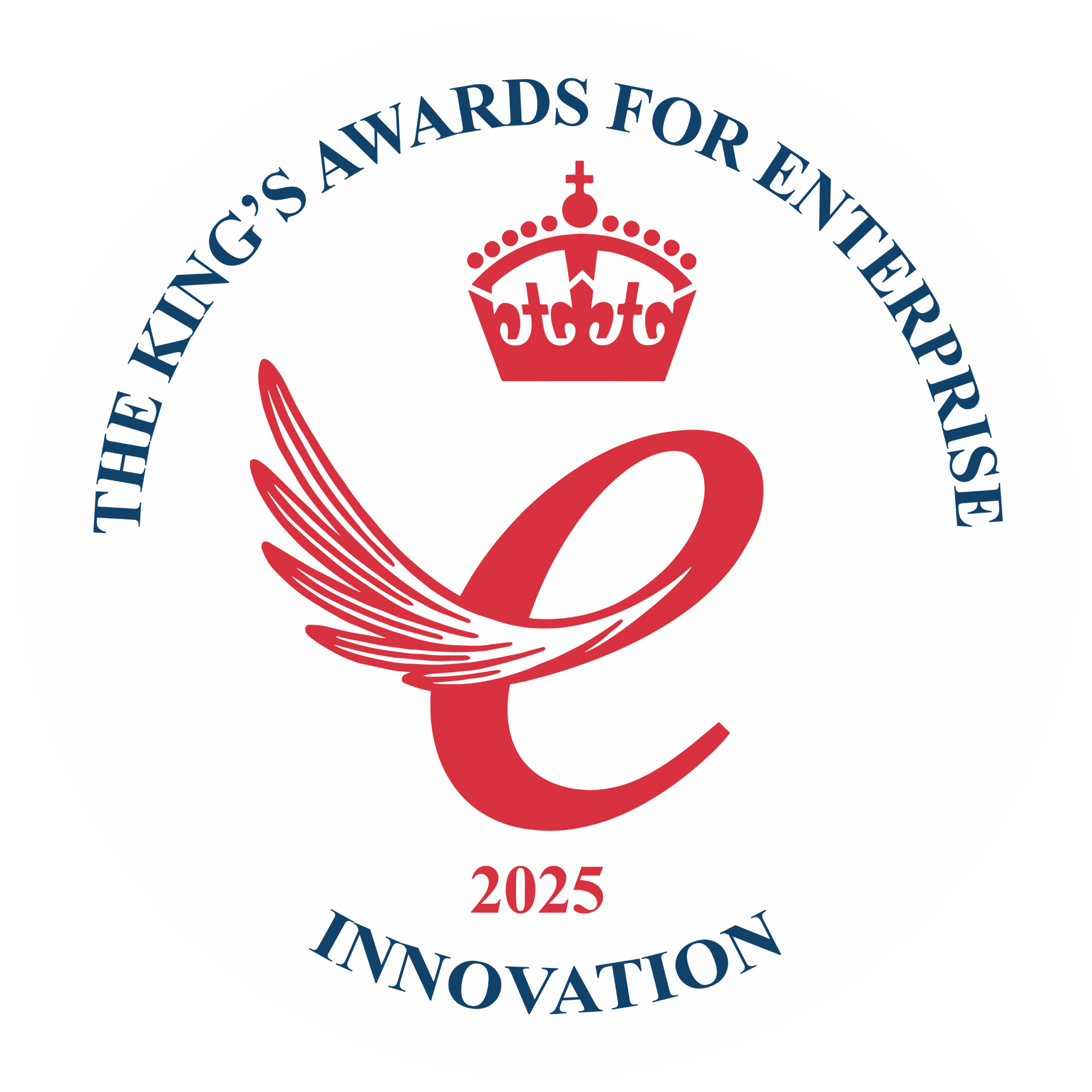
The company ensures that its online content is accurate and compliant with regulatory requirements at the point of creation and distribution but unless it is actively managed and updated, certain information - such as Summaries of Product Characteristics (SPCs), dates of preparation, Adverse Event (AE) reporting procedures etc. can easily become out of date.
Company policy is that digital properties must therefore be regularly audited to ensure continued compliance but their previous approach, whereby each page, image or PDF would have to be identified and searched through manually, was tediously slow and eye-wateringly expensive. Once found, the search results would then be sent to content owners in a complex spreadsheet that was difficult to work with.
Of greater concern though, was that the manual process was very prone to human error. Potentially ‘problematic’ content could include anything from privacy notices, legal notices and adverse event reporting links down to individual phrases, dates, telephone numbers, addresses, URLs and even single words. The fact that these could be buried deep within a document or a PDF - or even hidden away on a packshot within an image file meant that the company were searching globally for an unknown number of microscopic ‘needles’ within literally thousands of ‘haystacks’.
One slip and they could be exposed to greater risk of regulatory censure, potential fines of up to one third of total EU revenue and the huge reputational damage that would ensue.
Regulatory fines can be as much as 30% of total EU revenue
A radical change was therefore needed, and it was against this backdrop that Digital Control Room was charged with developing the solution.
This fully-automated system penetrates and scrutinises thousands of the company’s online assets and can access web pages, PDFs and even image files. It can hunt for any element, including notices, links, document IDs, dates, phrases and single words while the Machine Learning (ML) model categorises data, reduces false positives and entirely eliminates the need for manual review.
The DAA Portal is fully integrated with our client’s enterprise platforms to ensure continuity of ownership and adherence with standard compliance-reporting procedures.
Dashboards are available to global regulatory and compliance teams, giving them a deeper level of insight while content owners receive, review, and respond to real-time compliance alerts.
Whereas annual audits previously took up to six months, Digital Control Room’s DAA Portal now produces results in less than two weeks. This means that our client can run quarterly audits, identifying, categorising and analysing approximately 15,000 documents out of hundreds of thousands of web pages, resulting in increased regulatory compliance and avoidance of regulatory disruption, reputational harm and financial penalties.

Before implementing our DAA Portal, any red audit from an external body would lead to a mad scurry to fix the identified missteps and avoid reputational harm and financial penalty. In the three years since the portal has been in place, the Pharma company has undergone more than 12 external audits during which time not a single negative audit issue has been found. This is because the system has made the company far more agile in identifying online content that needs addressing and then taking swift, co-ordinated action where necessary.
Since implementing our DAA Portal, the Pharma company has undergone more than 12 external audits during which time not a single negative audit issue has been found.
Timelines have been shortened; costs have been slashed; productivity has been boosted; and regulatory compliance has been significantly enhanced.
Our Digital Asset Assurance system has now become our client’s centralised location to search for and secure enterprise domains for in-market and above-country needs. The system is core to their standard compliance reporting procedures and is a vital tool for their global regulatory and compliance teams; it integrates with numerous corporate and IT platforms; and it provides informed insight into the company’s digital footprint and associated risks, which did not exist beforehand.
The advent, socialisation of, and consistent drive to continue improving the Digital Asset Assurance solution has indoctrinated the portal as the single source of truth within our company globally.
Additionally, our Digital Asset Assurance team has positioned the tool as the focal point for the entire organisation to understand what it means to deliver digital the right way.
info@digitalcontrolroom.com
+44 (0) 20 3836 8930
